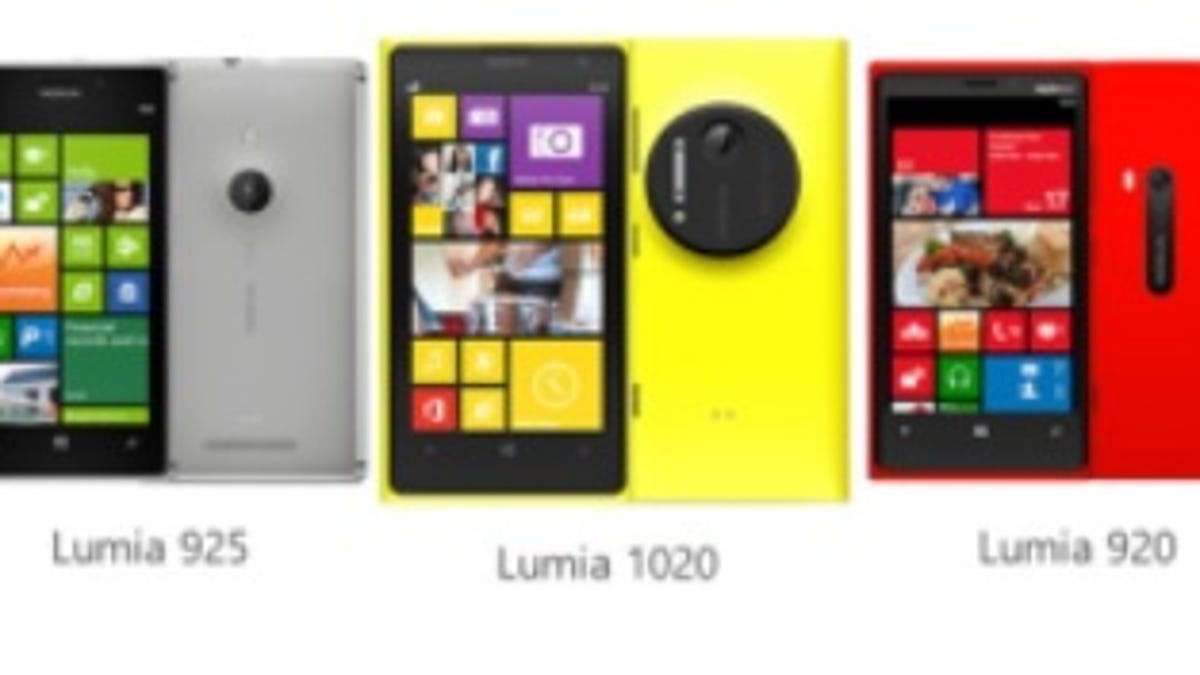Windows Phone market share to more than double by 2017
Microsoft's mobile OS will own more than 10 percent of the global smartphone market in another four years, says IDC.

Windows Phone will still lag far behind iOS and Android in the coming years but will secure its spot as the third-largest mobile platform, according to research firm IDC.
Microsoft is projected to score 3.9 percent of the worldwide smartphone market this year, IDC said Wednesday in its Worldwide Quarterly Mobile Phone Tracker report. That number is forecast to reach 10.2 percent by 2017. But Microsoft does face challenges, especially in light of its just-announced buyout of Nokia's device and services division.
"With the acquisition of Nokia's device and services unit, Microsoft will increasingly need to drive share gains by itself as OEM support for Windows Phone is expected to wane now that the company is set to become a full-fledged hardware maker," IDC said in its report. "Microsoft will also need to ship more low-cost smartphones to high-growth emerging markets if it is to continue building on its recent nominal share increases."
Microsoft's crystal ball sees a 15 percent share of the smartphone market by 2018.
Over the same time, BlackBerry's cut of the market is expected to trickle off. IDC pegs a 2.7 percent share this year and then 1.7 percent in 2017, blaming the drop on "tepid BlackBerry 10 reception and emboldened competition that are expected to whittle away share in its remaining regional bastions of strength, such as Africa, Latin America, and the Middle East."
Android's share is projected to dip from 75.3 percent this year to 68.3 percent in 2017. But that will still give it the dominant slice of the global market. In second place, Apple's iOS will see its share inch up from 16.9 percent this year to 17.9 percent in 2017, according to IDC, thanks in part to the expected debut of a lower-cost iPhone.
Overall smartphone shipments are forecast to hit 1 billion worldwide this year, a 40 percent jump over 2012. IDC attributed the rise to heavy carrier subsidies and a surge in phones selling for under $200. By 2017, shipments could reach 1.7 billion annually, the research firm predicted.
"Smartphones will represent virtually all of the mobile phone market in many of the world's most developed economies by the end of 2017," said IDC senior research analyst Kevin Restivo said in a statement. "Aggressive carrier subsidies of handsets, falling prices, higher consumer awareness, and a vast array of devices will mean almost all phones shipped to the developed world will be 'smart.' However, smartphone shipment volume will be dominated by emerging markets, such as China, even though the percentage of smartphones to feature phones won't be as high."

